The social justice and human rights related to scientific and technological development are thought of in terms of the right to "self-determined development," the right to carry out traditional economic activities, the "right to uphold cultural traditions" (especially by indigenous, peasant, and fishing communities), "the rights of protection against possible harmful effects of scientific and technological developments," the right of access to scientific and technological information that is essential to development and welfare (both at the individual and collective levels)," and the "rights of choice or the freedom to access and choose the preferred paths of scientific and technological development, "there is a common and basic premise implied: there is a choice, and people have a rights to decide among different possible alternatives. This would seem to imply a radically new perspective in relation to scientific and technological development. Science and technology are not seen as having one linear, predetermined universal path. Since different alternatives are possible, and the options between these alternatives have a cardinal bearing on the shaping of the future, these decisions cannot left in the hands of experts and technocrats. Likewise, if there is no universally valid paradigm of a "good life," people must have the right to choose and not have the set of values related to material production, to the manipulation and control of nature and society.
Dalit Women and Human Rights
$56.70
$63.00

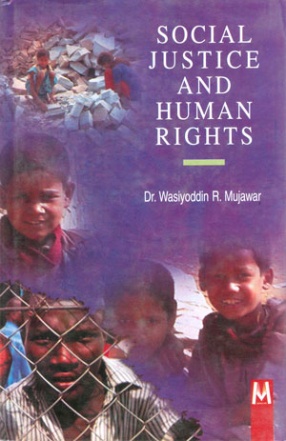
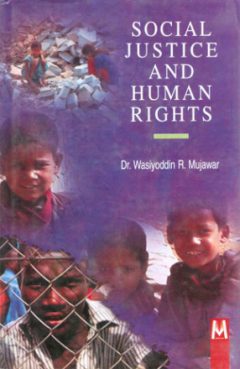
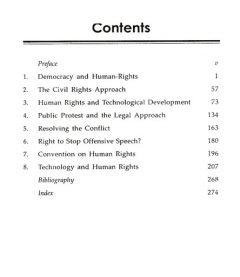
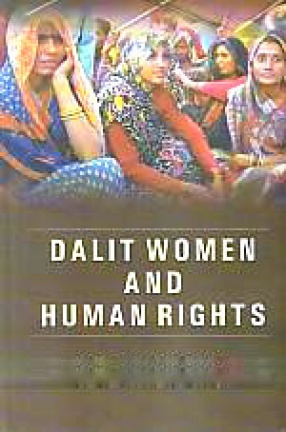
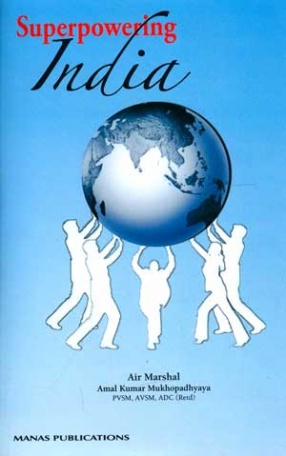

There are no reviews yet.